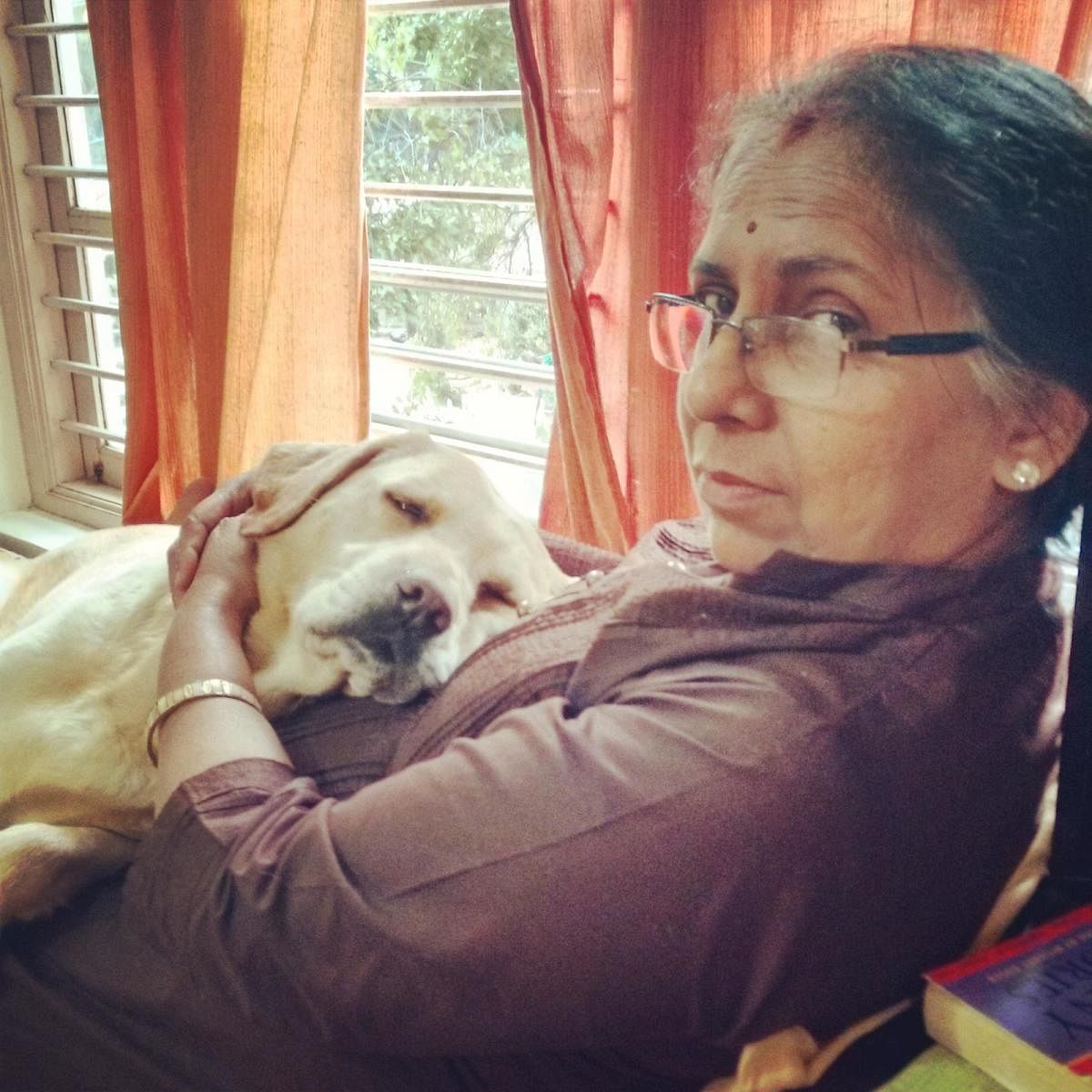
Like humans, dogs can develop a host of health complications with age — from arthritis to blindness. This calls for pet owners to keep them fit all the time.
Metrolife tells you how to care for senior dogs, that is, dogs older than seven. Large dogs often age faster than their younger counterparts.
Control obesity
It is critical to keep the weight of dogs in check at all times, says Tina Fernandes, who runs Pillu’s Pet Paradise, a pet relocation service and boarding centre in Shantiniketan Layout.
“While we may have no control over age- or breed-related problems, we humans are completely responsible for the obesity in dogs. It is sad to watch senior obese dogs struggling to carry their own weight. At such an age, you can neither expect them to walk longer or faster to stay fit, nor you can starve them. So keep their weight in check right from the start,” she says.
Pramila Bina knows this too well. She took care of two senior dogs, aged 11 and eight, till the end of their lives. They were a mother-daughter duo, Karisma and Bonnie.
“As they grew old, I grew old too and I wouldn’t find time or energy to take them out for walks. As a result, they ended up getting a little obese. This is when I realised how important it was to keep them fit right from the beginning,” she says.
A combination of regular exercise, diet, and nutritional supplements to strengthen bones and joints keeps senior dogs fit, says Ajay Arun, head of project and resources, CUPA, an animal rescue centre in Ulsoor.
Keep a close watch
Foods that worked for your dog when it was a puppy may not be compatible with its ageing needs now.
So keep a close watch and make the necessary changes. These can be triggered by behaviour, medical problems, inappropriate food, cleanliness and bedding needs, says Tina.
‘Old dogs are best pets’
Tina believes senior dogs make the best pets, especially if you lead a busy life.
“Senior dogs are as cute as puppies and they don’t come with puppy issues, as in they don’t destroy furniture or feed six to eight times a day. They spend most of the day resting, unlike pups which are active,” she says.
Pramila agrees as she speaks from her experience: “The older dogs require less training than younger puppies. And because they are calm, they fall into a routine sooner. My Karisma would calmly sit by my side during online classes, or hear me tell her stories all day.”
Slow adoption
Only one senior dog gets adopted from CUPA every month as most pet lovers prefer puppies. The older dogs are overlooked because of misconceptions, the most common one being that they are unfit and require all-day care.
“That’s not true. Some remain healthy throughout their lives. Their health depends on their genetics and medical history. If they are a product of uncontrolled illegal breeding or in-breeding, complications can occur,” explains Ajay Arun of CUPA.
Caregiving tips
- Stick to a healthy diet; avoid overfeeding.
- Schedule regular vet visits.
- Monitor their activity levels.
- Walk them twice a day.
- Play brain games.
- Groom them frequently.